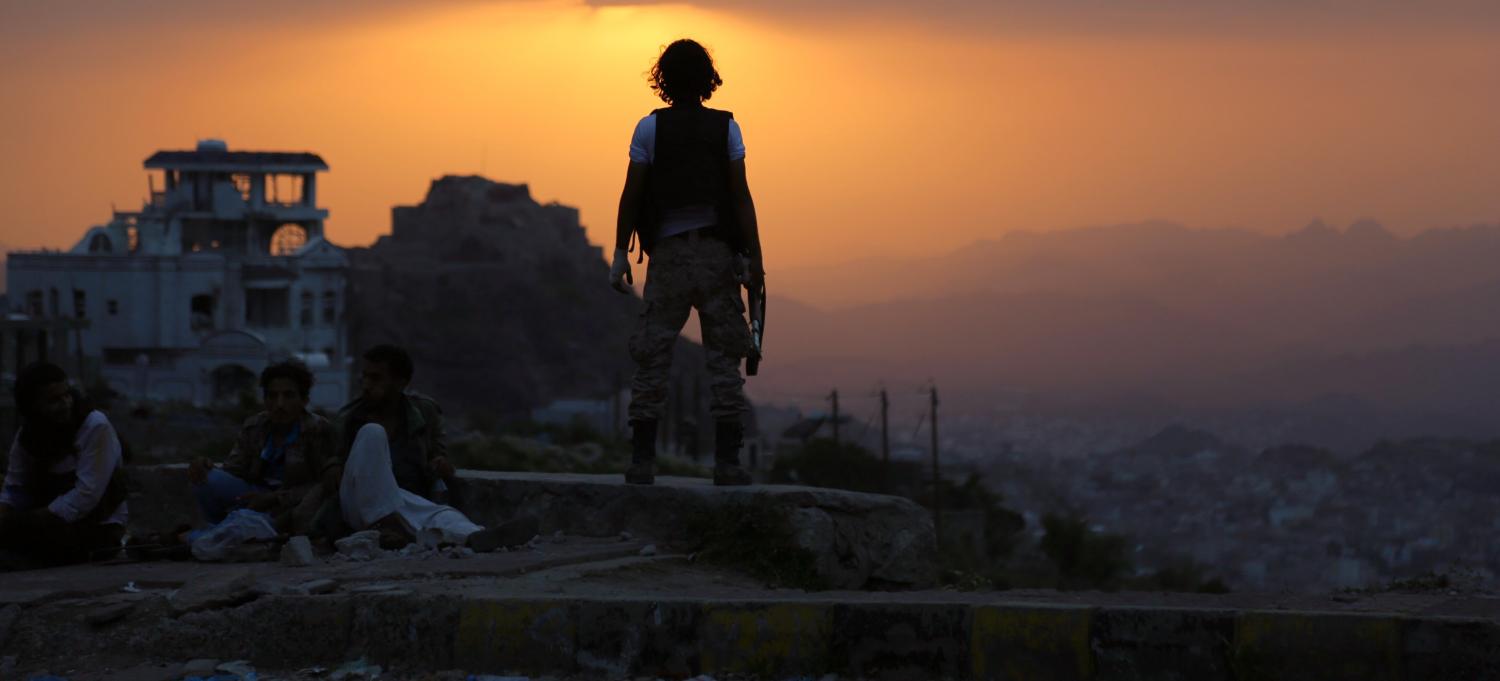Yemen has been rather prominent in the Trump Administration's foreign policy agenda. On 29 January, a spectacularly flawed raid conducted by US special forces against al-Qaeda in the Arabian Peninsula (AQAP) heralded the beginning of a starkly different US policy towards the impoverished and conflict-ridden country. Within the first four months of Trump's presidency, more drone strikes have been launched on AQAP than during the entire course of 2016.
President Donald Trump's Yemen approach appears to be a clear break from Obama. The former President's attitude towards Yemen and the Saudi-led coalition's military intervention appeared to be one of genuine distaste – while the US Government has provided significant support to the coalition since the campaign began in early 2015, this was likely a political compromise with Saudi Arabia in exchange for the Iranian nuclear agreement. Reports suggest the Obama Administration regarded the war as deeply flawed and in the last months of Obama's tenure the US placed a moratorium on the sale of guided missiles to Saudi Arabia after a deadly coalition air strike on a funeral hall in October last year.
Yet Trump's policy towards Yemen is not as different to Obama's as one might think. The January raid's proximity to Trump's inauguration suggests it had been planned well in advance by the Pentagon. However, the Trump Administration now appears to view Yemen as more than just an opportunity to act against an increasingly strong al-Qaeda. Rather, Trump appears to be subscribing to the narrative that Yemen's conflict is a proxy war reflecting geopolitical rivalries between the Iran and Saudi Arabia, a rivalry that is often placed within a wider sectarian conflict between Shia and Sunni Islam. In this context, greater support provided to the Saudi-led Coalition represents a blow to Iran's speculated regional ambitions. Trump has repeatedly articulated his anti-Iran stance throughout his election campaign, targeting the Obama Administration's softness on Iran and the nuclear deal. Such a view, however, misrepresents and oversimplifies a conflict that is shaped more by complex local and historical factors than religion or regional power rivalry.
The Trump Administration now seems poised to significantly increase its support for the Saudi-led coalition in the build-up to a potentially major offensive against Yemen's west coast port of Hudaydah. Aware of shifting US policy, significant efforts are being undertaken by Saudi Arabia, the United Arab Emirates and President Hadi's Yemeni government to encourage the US to ramp up support. To this end, there have been official state visits, such as Saudi Prince Mohammed bin Salman's visit to Washington in March and the US Secretary of Defense James Mattis's visit to Riyadh, with Yemen high on the agendas for both. The coalition has previously emphasised the threat the Houthis pose to international shipping in the Bab al-Mandab strait. The Yemeni embassy in Washington has proven particularly sensitive to any chance of Trump being exposed to a different narrative, evident in its rather awkward public condemnation of an March event held on Capitol Hill by two well-known Yemeni human rights activists.
The growing momentum for a military offensive against Hudaydah should be a cause for concern. The Hudaydah port accounts for around 70% of Yemen's food imports meaning its closure would have catastrophic ramifications for a population already on the brink of famine. There is also little indication that it would be successful – those promoting this assault vastly underestimate the complexity of such an operation. Over the course of the two-year conflict, the Saudi-led coalition has displayed a striking ineptitude in combating the Houthis. This is exacerbated by the competing aims of forces fighting for the Hadi Government, who at times appear more opposed to each other than the Houthis.
Supporting Saudi-led efforts to militarily defeat the Houthis is unlikely to help Trump's supposed goal of combating AQAP – instead, the current conflict has served as an opportunity for AQAP. The organisation has shown increasingly nuanced and sophisticated skills in its dealings with local communities and tribes in the country. The collapse of the central government's control and the increasingly sectarian flavour of the fighting has aided and abetted AQAP's support base and military capacity.
Yemen is collapsing, public services have been devastated and the country is witnessing significant regional fragmentation. Radicalism is on the rise and sectarian attitudes towards the conflict are increasingly dominant. Should the Trump Administration be serious about fighting al-Qaeda, it should avoid being drawn into the quagmire that is the Saudi-led coalition's campaign in the country, and concentrate instead on exerting pressure on the coalition to seek a political resolution to the conflict.

